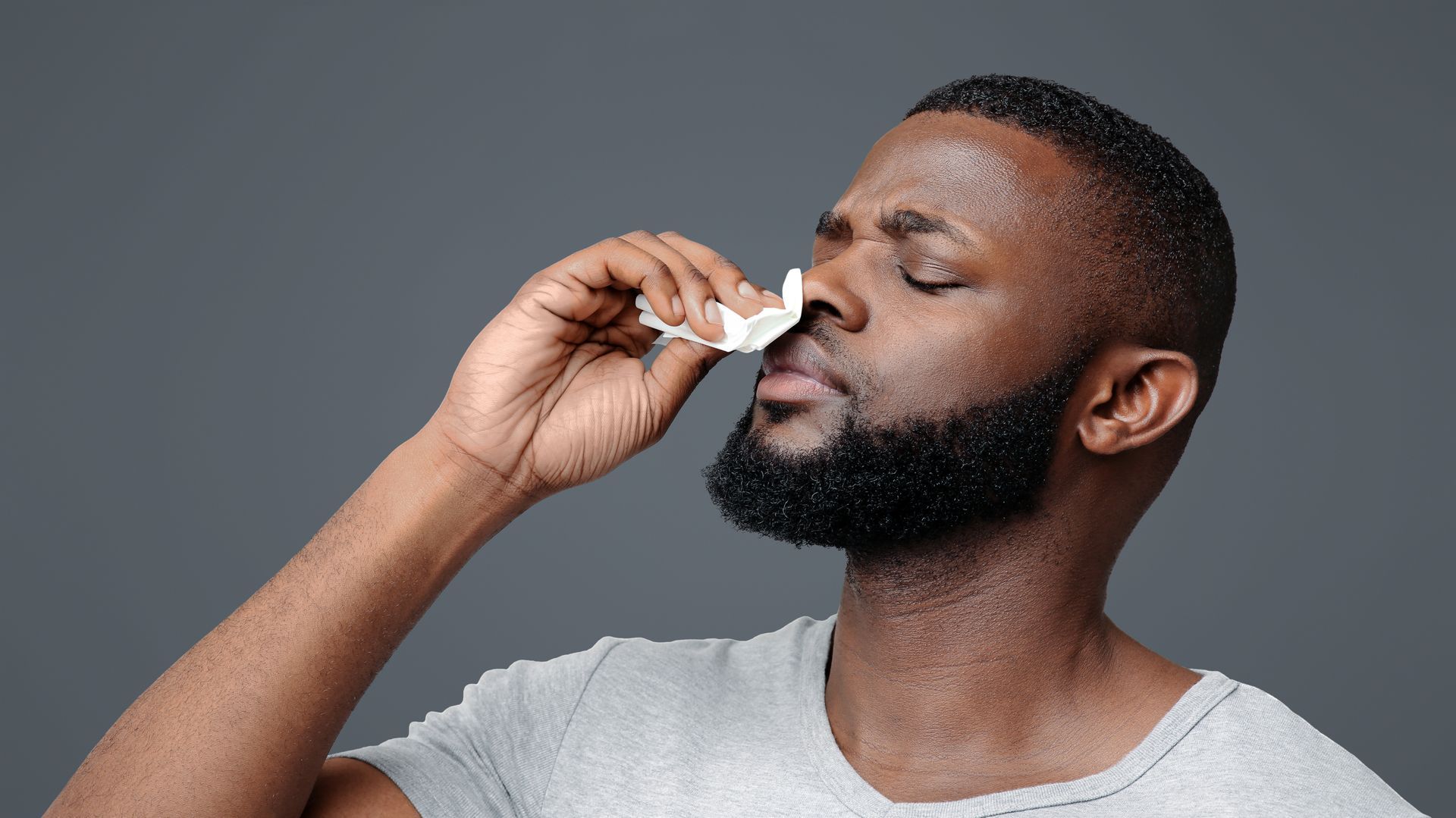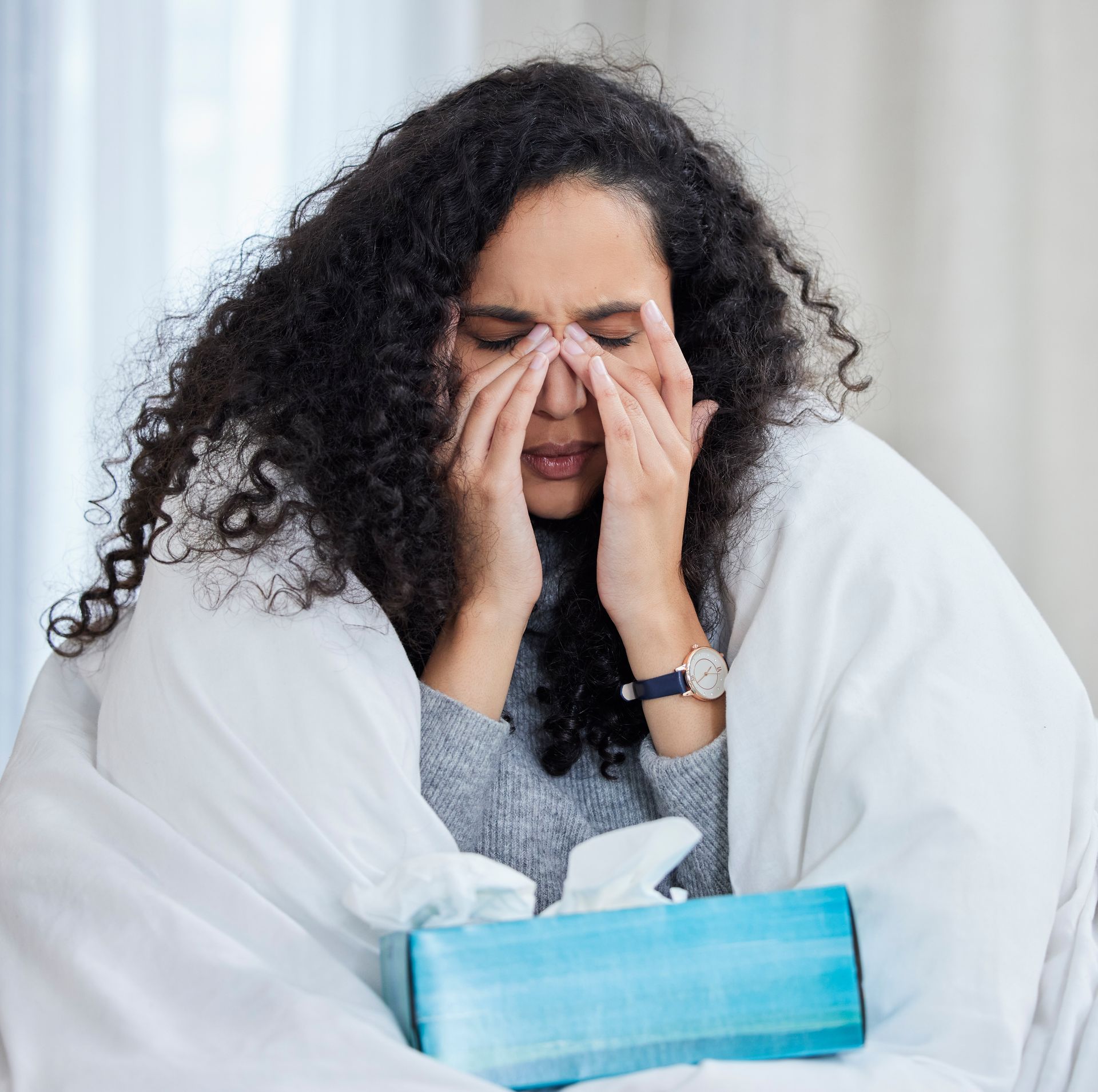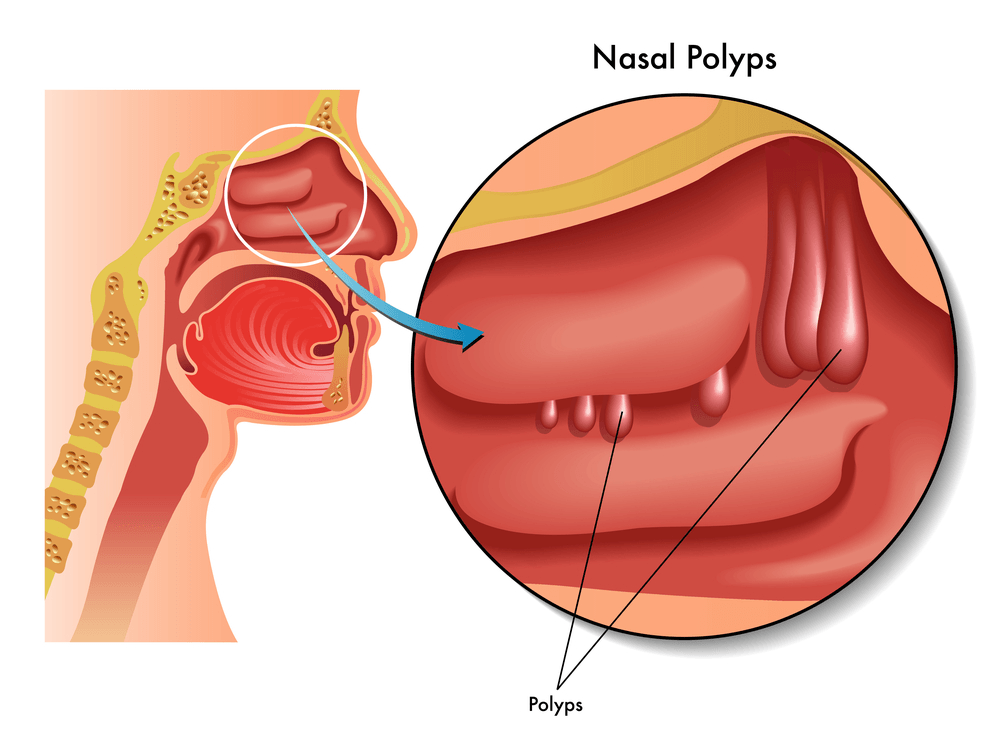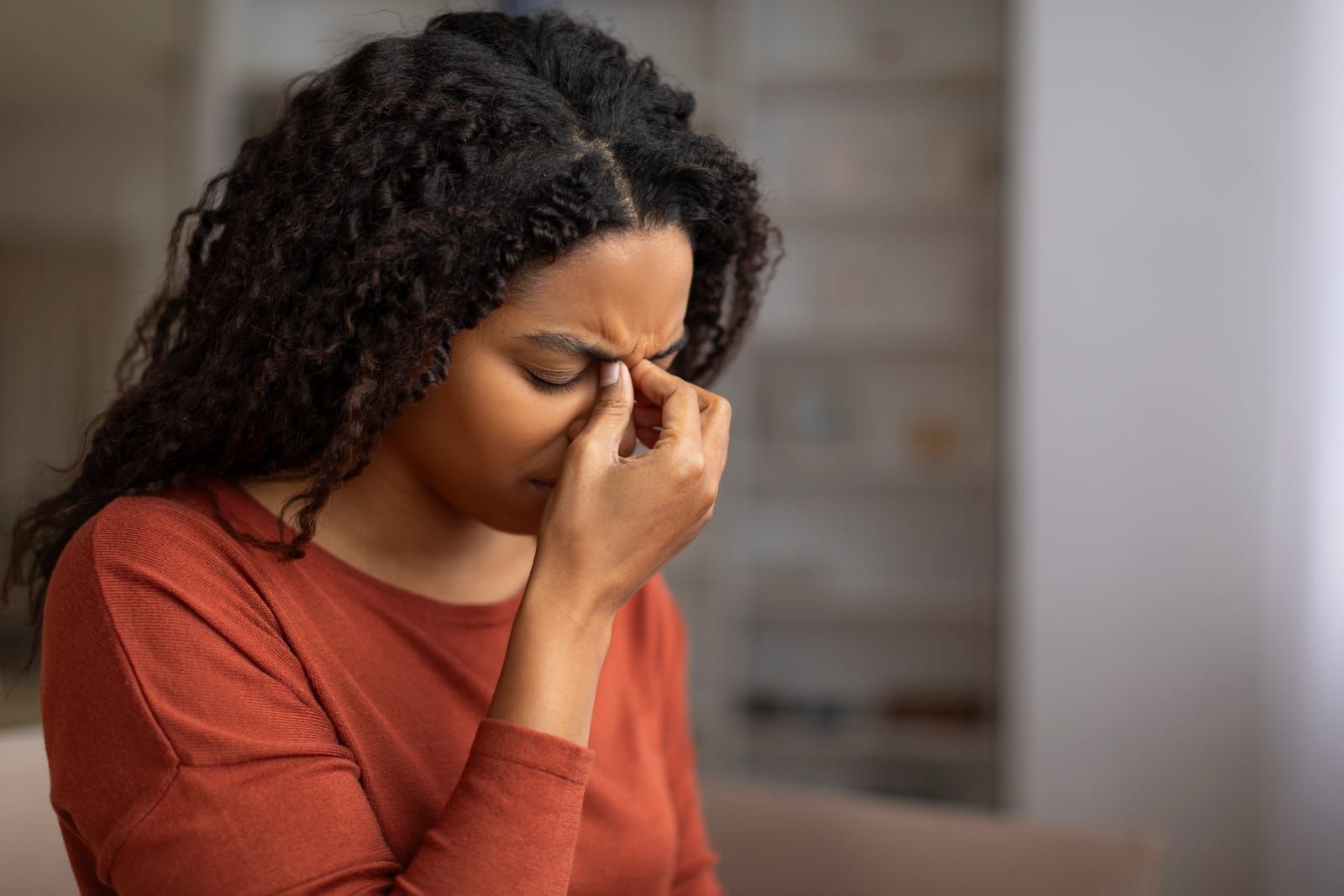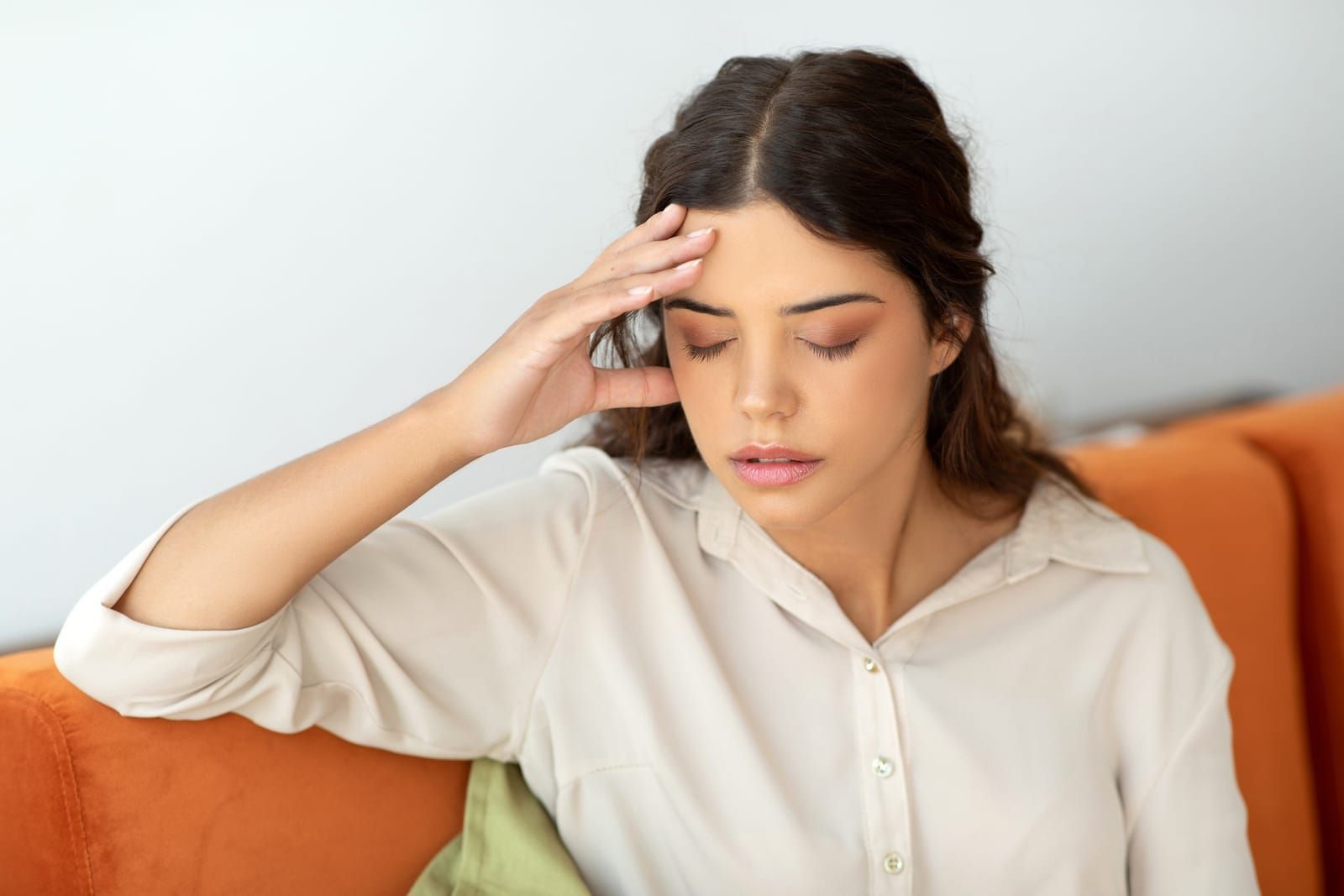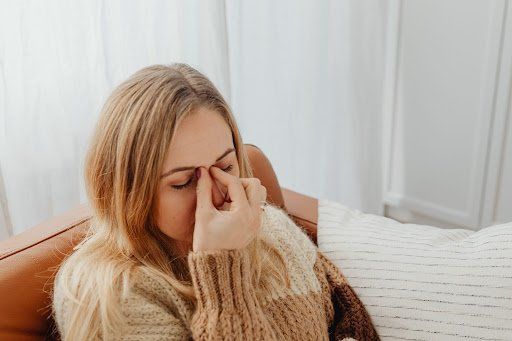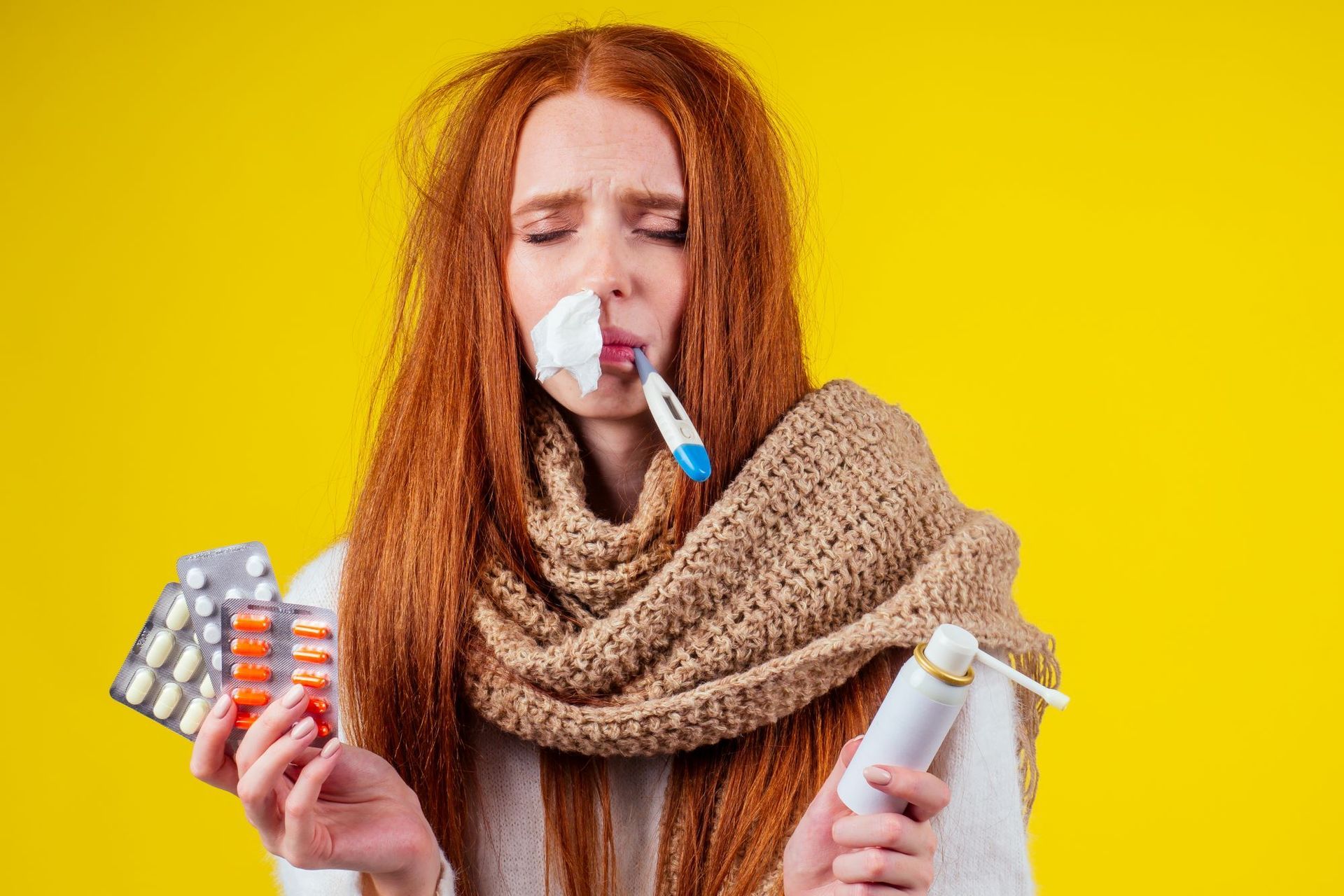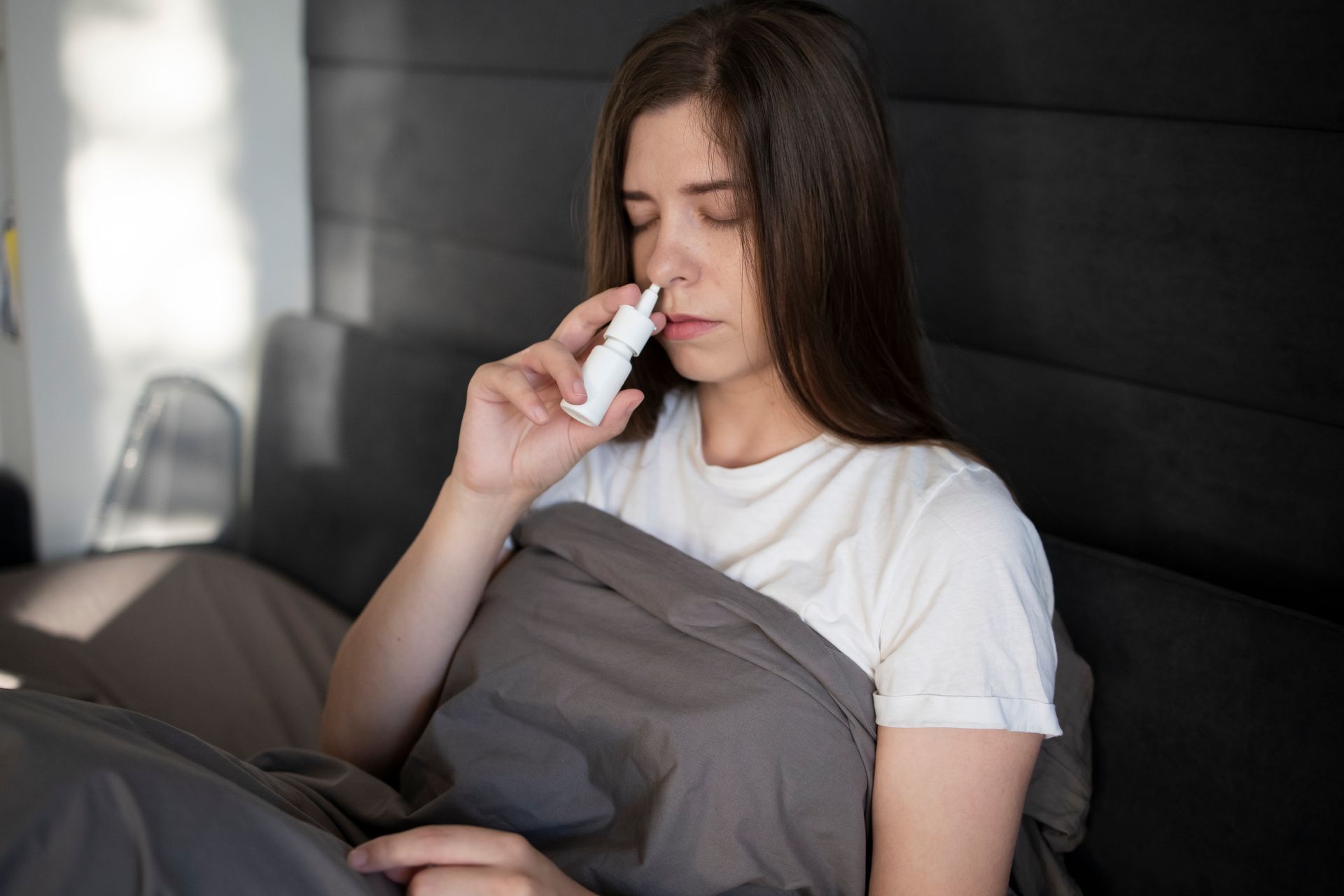Anosmia From COVID-19: Can It Be Reversed?
This is a subtitle for your new post

One of the strangest and most frustrating symptoms of COVID-19 is anosmia, or the loss of the sense of smell. Losing your sense of smell can impact many parts of your life, including your appetite. For some people, the sense of smell returns after several days or weeks - but for others, losing the sense of smell can be a persistent issue.
Anosmia From COVID-19: Can It Be Reversed?
Of all the symptoms related to the COVID-19 pandemic, losing the sense of smell can be a symptom you have to deal with for several weeks or months after you are no longer testing positive for the virus. Just like losing your sense of taste, losing your sense of smell can change the way you live your life, so it's understandable to want to know when you can expect your senses to return back to normal.
The good news is that time seems to be the answer to reversing anosmia. In a French study conducted on coronavirus patients, researchers concluded that most patients regained their sense of smell after nearly a year after contracting the virus. And yet for others, regaining the sense of smell is something that returns after about two weeks of other symptoms going away.
Why Do Some People Get Their Sense of Smell Back More Quickly?
There's a huge difference between getting your sense of smell back after a few weeks or after a year. While researchers are still trying to figure out why some patients seem to recover their sense of smell more quickly than others, new research may suggest that it has to do with the way the virus affects the cells surrounding the sensory neurons in the nose. Specifically, it has to do with how quickly the cells surrounding the sensory neuron can recover.
Viral Infections and Your Sensory Neurons
For years, physicians have been aware that viral infections can sometimes cause patients to lose certain senses temporarily, including the sense of smell. But because this phenomenon pre-COVID was somewhat rare, there hasn't been an opportunity for much research. Now, research studies about why anosmia happens to COVID patients and how to recover your sense of smell are constantly being conducted.
What scientists have discovered about this particular viral infection is that the virus appears to target specific cells in the body - and this includes the cells that surround sensory neurons in the nasal passage called support cells. Essentially, the virus attacks and damages these support cells, which prevents them from helping the sensory neuron send information to the brain. When the support cells are infected, you lose your ability to smell; when these cells are repaired, your sense of smell returns.
Do Long-Haulers Have It Worse?
Long-haulers are the people who had COVID symptoms for several weeks or even months. In general, long-haulers dealt with more exaggerated symptoms than others while their bodies battled the viral infection. Some research suggests that the longer you have symptoms, the longer it will take for some symptoms to go away. This seems to be particularly true for the loss of taste and smell.
Compared to people who had mild or asymptomatic infections, long-haulers seem to have more challenges returning to pre-COVID health. If you battled COVID for several weeks or months, then you may want to see a specialist to do a thorough health check or even participate in post-COVID studies.
Can Anosmia Be Permanent?
About 80% of patients who have COVID-19 will temporarily lose their sense of smell, and for about 5 to 10% of those patients, this symptom will continue even after patients have recovered from other symptoms and are no longer infected. And while most of those patients can regain their sense of smell after several months to a year, there are still some patients who may have a longer-lasting issue.
The trouble with regaining your sense of smell is that your sensory nerves need to be surrounded by supportive cells, otherwise the nerves die or atrophy. It's incredibly difficult for sensory neurons to repair themselves, so if you are experiencing a persistent loss of sense of smell for longer than a year, then it's possible your sense of smell may never return. That said, experts suggest that maybe patients with persistent anosmia may just need additional time for their sense of smell to return.
Can You Help Your Sense of Smell Return?
This is a question scientists have been trying to answer. Because the virus is thought to affect the function of the sensory nerves, research for how to regain the sense of smell after COVID is focusing on a blend of neurological research and ear, nose, throat experts. One study is working on the association between visual cues and scent to try to retrain the brain.
In this study, participants are asked to smell essential oils or other scents while looking at a picture that represents the scent. In doing so, researchers are trying to figure out if the sensory nerves can re-learn scent associations. According to some, this research is long overdue since a lot still isn't known about viral-associated anosmia. The novel coronavirus has opened new demands in research that can help shed light on how to recover from certain viral infections.
What Is a Good Sign Your Smell Can Return?
For patients who have regained or partially regained their sense of smell, one of the most hopeful signs to look out for is hints of scents. While you are trying to recover your sense of smell, you may only be able to detect very faint traces of certain scents. But this is a hopeful sign that your sensory neurons and support cells are still functional and that your sense of smell is returning, however slowly.
Why Does Your Sense of Smell Matter?
In the grand scheme of things, if you've survived COVID-19, then regaining your sense of smell may not be one of your top priorities, especially for long-haulers. But your sense of smell, just like any other sense, is important to lead your life safely and independently. In fact, in terms of safety, not having a sense of smell can be dangerous. If you can't smell fire, gas, or something burning without looking directly at it, then you may unknowingly be in danger.
But more than that, many patients feel nostalgic about their sense of smell. Neurologists have known for years that the olfactory senses are closely linked with memory, so the loss of smell may make it difficult to have easier memory recall. Additionally, your sense of smell and your sense of taste are closely tied, and for some people, being unable to smell food makes it difficult to have an appetite, which can negatively impact your overall health over time.
Losing your sense of smell is one of the hallmarks of the novel coronavirus. For many people, losing the sense of smell is one of the first symptoms they experience after fever and fatigue - and this symptom is, unfortunately, one that can persist even after all the other symptoms associated with the viral infection have disappeared. The good news is that time seems to be the key to regaining your sense of smell. For more up-to-date information about recovery from COVID-19, contact Dr. Thomas S Higgins, MD, MSPH at Higgins Sinus in Louisville, KY today.
Thomas S. Higgins, MD, MSPH
Father. Husband. Sinusitis Nerd.
